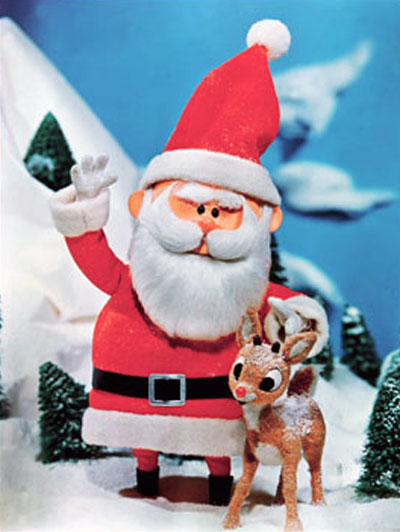
More on this Christmas issue...according to the history channel website
Christmas wasn't a holiday in early America. From 1659 to 1681, the celebration of Christmas was actually outlawed in Boston. Anyone celebrating or showing Christmas in any way were fined 5 shillings...how ever much that is.
After the American Revolution, English customs fell out of favor, including Christmas. In fact, Congress was in session on December 25, 1789, the first Christmas under America's new constituion. Christmas wasn't declared a federal holiday until June 26, 1870.
It wasn't until the 19th century that Americans began to embrace Christmas. Americans re-invented Christmas, and changed it from a raucous carnival holiday into a family-centered day of peace and nostalgia. But what about the 1800s peaked American interest in the holiday?
The early 19th century was a period of class conflict and turmoil. During this time, unemployment was high and gang rioting by the disenchanted classes often occurred during the Christmas season. In 1828, the New York city council instituted the city's first police force in response to a Christmas riot. This catalyzed certain members of the upper classes to begin to change the way Christmas was celebrated in America.
In 1819, best-selling author Washington Irving wrote The Sketchbook of Geoffrey Crayon, gent., a series of stories about the celebration of Christmas in an English manor house. The sketches feature a squire who invited the peasants into his home for the holiday. In contrast to the problems faced in American society, the two groups mingled effortlessly. In Irving's mind, Christmas should be a peaceful, warm-hearted holiday bringing groups together across lines of wealth or social status. Irving's fictitious celebrants enjoyed "ancient customs," including the crowning of a Lord of Misrule. Irving's book, however, was not based on any holiday celebration he had attended – in fact, many historians say that Irving's account actually "invented" tradition by implying that it described the true customs of the season.
Christmas wasn't a holiday in early America. From 1659 to 1681, the celebration of Christmas was actually outlawed in Boston. Anyone celebrating or showing Christmas in any way were fined 5 shillings...how ever much that is.
After the American Revolution, English customs fell out of favor, including Christmas. In fact, Congress was in session on December 25, 1789, the first Christmas under America's new constituion. Christmas wasn't declared a federal holiday until June 26, 1870.
It wasn't until the 19th century that Americans began to embrace Christmas. Americans re-invented Christmas, and changed it from a raucous carnival holiday into a family-centered day of peace and nostalgia. But what about the 1800s peaked American interest in the holiday?
The early 19th century was a period of class conflict and turmoil. During this time, unemployment was high and gang rioting by the disenchanted classes often occurred during the Christmas season. In 1828, the New York city council instituted the city's first police force in response to a Christmas riot. This catalyzed certain members of the upper classes to begin to change the way Christmas was celebrated in America.
In 1819, best-selling author Washington Irving wrote The Sketchbook of Geoffrey Crayon, gent., a series of stories about the celebration of Christmas in an English manor house. The sketches feature a squire who invited the peasants into his home for the holiday. In contrast to the problems faced in American society, the two groups mingled effortlessly. In Irving's mind, Christmas should be a peaceful, warm-hearted holiday bringing groups together across lines of wealth or social status. Irving's fictitious celebrants enjoyed "ancient customs," including the crowning of a Lord of Misrule. Irving's book, however, was not based on any holiday celebration he had attended – in fact, many historians say that Irving's account actually "invented" tradition by implying that it described the true customs of the season.
No comments:
Post a Comment